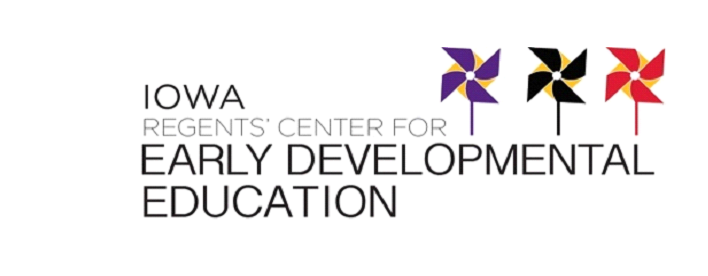In this workshop, participants will be introduced to four aspects of an early childhood environment that can result in nurturing or hindering emotional and intellectual development.
1. Socio-Moral Environment (classroom community)
2. Physical Environment (how the classroom is organized)
3. Intellectual Environment (how children are challenged with engaging experiences that make them think)
4. Promotional Environment (what is honored on the walls of the classroom)
None of these aspects act alone, but work in concert with one another in order for children to develop healthy learning dispositions. Discussion threads will include the development of executive function skills, the harmful effects of punishment, and the role of play in development. Participants will leave with resources to support them in providing a classroom community in which all children have the opportunity to participate in decision-making such as voting, rule-making, and conflict resolution.
Participants will have the opportunity to learn how to teach young children to resolve conflicts themselves, rather than relying on the adults to fix the problem. Specific strategies for working with neurotypical and neurodivergent children in PK through 2nd grade classrooms will be discussed. This workshop uses photos and video exemplars from early childhood classrooms to lead discussion about the research on how young children learn in a democratic classroom.
Workshop format: face-to-face
Length of workshop: 3 hours
Number of participants: limited to 24
To view the experience sheet for this workshop, please click here.





